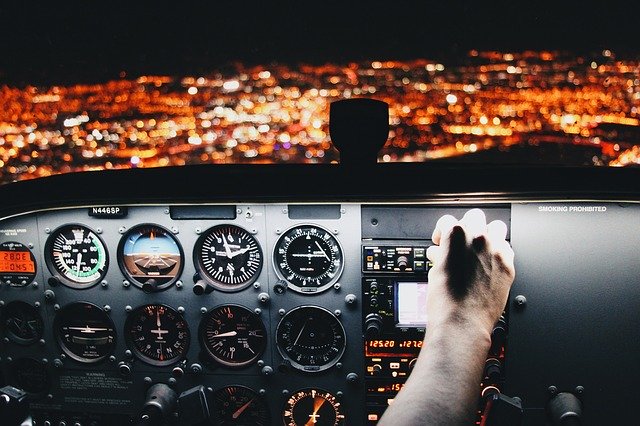 Global air passenger demand climbed 2.4% in January 2020 year-on-year, down from 4.6% year-over-year growth in December 2019 and the lowest monthly increase since April 2010, according to the International Air Transport Association (IATA).
Global air passenger demand climbed 2.4% in January 2020 year-on-year, down from 4.6% year-over-year growth in December 2019 and the lowest monthly increase since April 2010, according to the International Air Transport Association (IATA).
“January was just the tip of the iceberg in terms of the traffic impacts we are seeing owing to the COVID-19 outbreak, given that major travel restrictions in China did not begin until 23 January. Nevertheless, it was still enough to cause our slowest traffic growth in nearly a decade,” said Alexandre de Juniac, IATA’s director general and CEO.
January international passenger demand rose 2.5% compared to January 2019, down from 3.7% growth the previous month. Except for Latin America, all regions recorded increases, led by airlines in Africa and the Middle East that saw minimal impact from the COVID-19 outbreak in January.
Asia-Pacific airlines’ January traffic climbed 2.5% compared to the year-ago period, which was the slowest outcome since early 2013 and a decline from the 3.9% increase in December. Softer GDP growth in several of the region’s key economies was compounded by COVID-19 impacts on the international China market.
In terms of domestic travel, demand climbed 2.3% in January compared to January 2019, as strong growth in the US helped mitigate the impact from a steep decline in China’s domestic traffic.
Chinese airlines’ domestic traffic fell 6.8% in January, reflecting the impact of flight cancellations and travel restrictions related to COVID-19. China’s Ministry of Transport reported an 80% annual fall in volumes in late January and early February.
“The COVID-19 outbreak is a global crisis that is testing the resilience not only of the airline industry but of the global economy. Airlines are experiencing double-digit declines in demand, and on many routes traffic has collapsed. Aircraft are being parked and employees are being asked to take unpaid leave. In this emergency, governments need to consider the maintenance of air transport links in their response. Suspension of the 80/20 slot use rule, and relief on airport fees at airports where demand has disappeared are two important steps that can help ensure that airlines are positioned to provide support during the crisis and eventually in the recovery,” said de Juniac.





